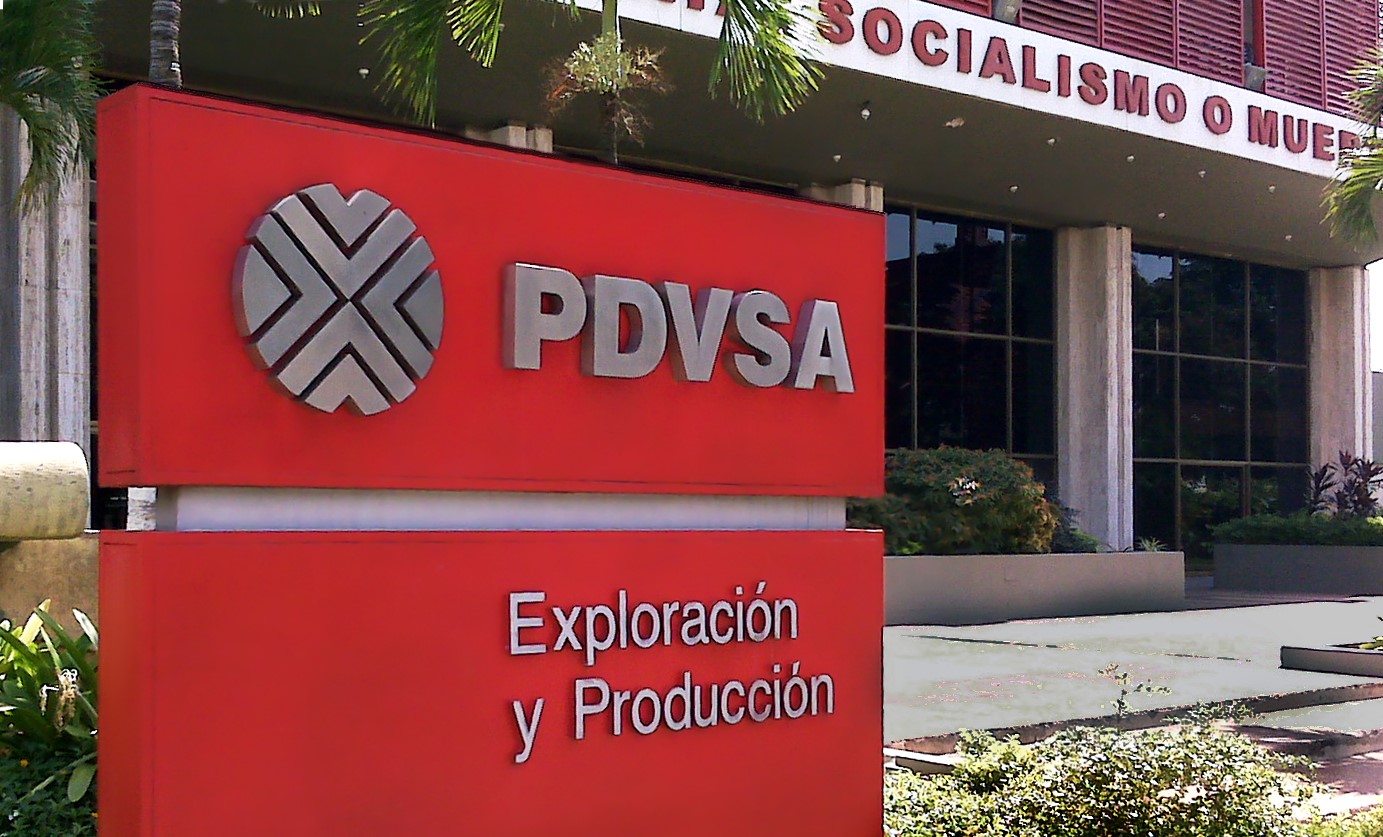Venezuela: US Rescinds Oil License
OFAC rescinds license providing oil sanctions relief, issues wind-down license.
LATINVEX SPECIAL
Miller & Chevalier
On April 17, 2024, the U.S. announced that it would not renew the Department of the Treasury’s Office of Foreign Assets Control (OFAC) general license (GL) that temporarily authorized transactions, including those involving state-owned oil company Petróleos de Venezuela, S.A. (PDVSA), related to oil and gas sector operations in Venezuela. OFAC originally issued GL 44 in October 2023, noting its expiration on April 18, 2024, unless the Nicolás Maduro regime remained committed to ensuring free and fair elections in Venezuela, pursuant to the Barbados Agreement. After the issuance of GL 44, the U.S. government continued to monitor the political situation in Venezuela, warning the Maduro regime that the GL’s expiration was likely.
As a result, the U.S. Department of State (State) issued an April 17 press release explaining, “After a careful review of the current situation in Venezuela, the United States determined Nicolás Maduro and his representatives have not fully met the commitments made under the electoral roadmap agreement… Therefore, General License 44, which authorizes transactions related to oil or gas sector operations in Venezuela, will expire at 12:01 AM on April 18.” In conjunction with the State press release, OFAC announced that GL 44 would not be renewed and issued an approximately 45-day wind-down license, GL 44A, to allow persons to wind down activity previously authorized under GL 44. OFAC also issued updated Frequently Asked Questions (FAQs).
The impact of the removal of Venezuela-related sanctions relief may be felt broadly not only on U.S. persons (individuals and entities) previously engaged in business in the oil and gas sector in Venezuela, but also on companies directly operating in Latin America that may have to deal with, inter alia, new dispute resolution-related risk.
OFAC GENERAL LICENSE 44A
GL 44A supersedes GL 44 and authorizes transactions “ordinarily incident and necessary” to the wind down of activities related to oil and gas sector operations in Venezuela that were previously authorized under GL 44 until May 31, 2024. This 45-day license includes authorization of wind-down transactions with PDVSA, or any entity in which PDVSA owns 50 percent or more. The OFAC FAQs emphasize that new business does not constitute wind-down activity and is not authorized by the license.
GL 44A does not impact other GLs besides GL 44 related to oil and gas operations in Venezuela, most notably GL 8M and GL 41. GL 8M authorizes transactions involving specified companies operating in Venezuela for the limited maintenance or wind down of such companies’ operations. GL 41 authorizes certain transactions related to Chevron’s joint ventures (JVs) in Venezuela. Further, GLs 3I and 9H, authorizing certain secondary trading of previously issued Government of Venezuela and PDVSA securities, has not at this time been revoked.
KEY TAKEAWAYS
U.S. persons (individuals and entities) who undertook oil and gas-related activity in Venezuela previously authorized by GL 44 should quickly review such activity to determine how they may appropriately and efficiently wind down such activity by May 31, 2024.
Non-U.S. persons who may have also relied on GL 44 to undertake U.S.-nexus activity in the oil and gas sector in Venezuela should also carefully review their operations in-country to determine if any U.S. companies, such as U.S. financial institutions they engage with, now need to be walled off from such business.
The U.S. government has suggested that OFAC may consider review of specific license applications requesting either more time to wind down now-prohibited oil and gas operations in Venezuela, or, in the alternative, applications requesting continuance of such activities. Persons seeking either type of license are encouraged to submit their applications quickly and prior to the expiration of GL 44A on May 31, 2024.
Recent events in Venezuela, coupled with the revocation of GL 44, suggest that further Venezuela sanctions relief may be unlikely. For example, the reimposition of oil and gas sanctions comes a few weeks after OFAC reimposed sanctions related to Venezuela’s gold sector. The U.S. government has, however, suggested that its “action on GL 44 should not be viewed as a final decision” and it will continue review the Maduro regime’s actions regarding its commitments to ensure free and fair elections in Venezuela.
In addition to evaluating potential sanctions risks, entities with operations or other business interests in Latin America and the Caribbean should consider the potential impact of the reimposition of U.S. sanctions related to oil and gas sector operations in Venezuela on their current or future business. Parties operating in the oil and gas sector in Latin America and the Caribbean should carefully review their strategic expansion plans and contracts with business partners — in particular, dispute resolution clauses and other key clauses related to their rights and obligations, including, inter alia, force majeure, frustration, and specific performance — to prepare for and mitigate against potential commercial disputes related to the everchanging Venezuela sanctions landscape. U.S. parties or those doing business with U.S. parties should also examine current and future contracts to ensure they contain clauses referencing compliance with sanctions, to the extent such transactions are (or in the future, can be) subject to U.S. sanctions jurisdiction.
This article is based on an international alert by Miller & Chevalier written by Timothy P. O’Toole, Margarita R. Sánchez, Laura Deegan, Melissa Burgess, Manuel Levitt, Rebecca Tweedie and Ricardo Rincón.
Republished with permission.













